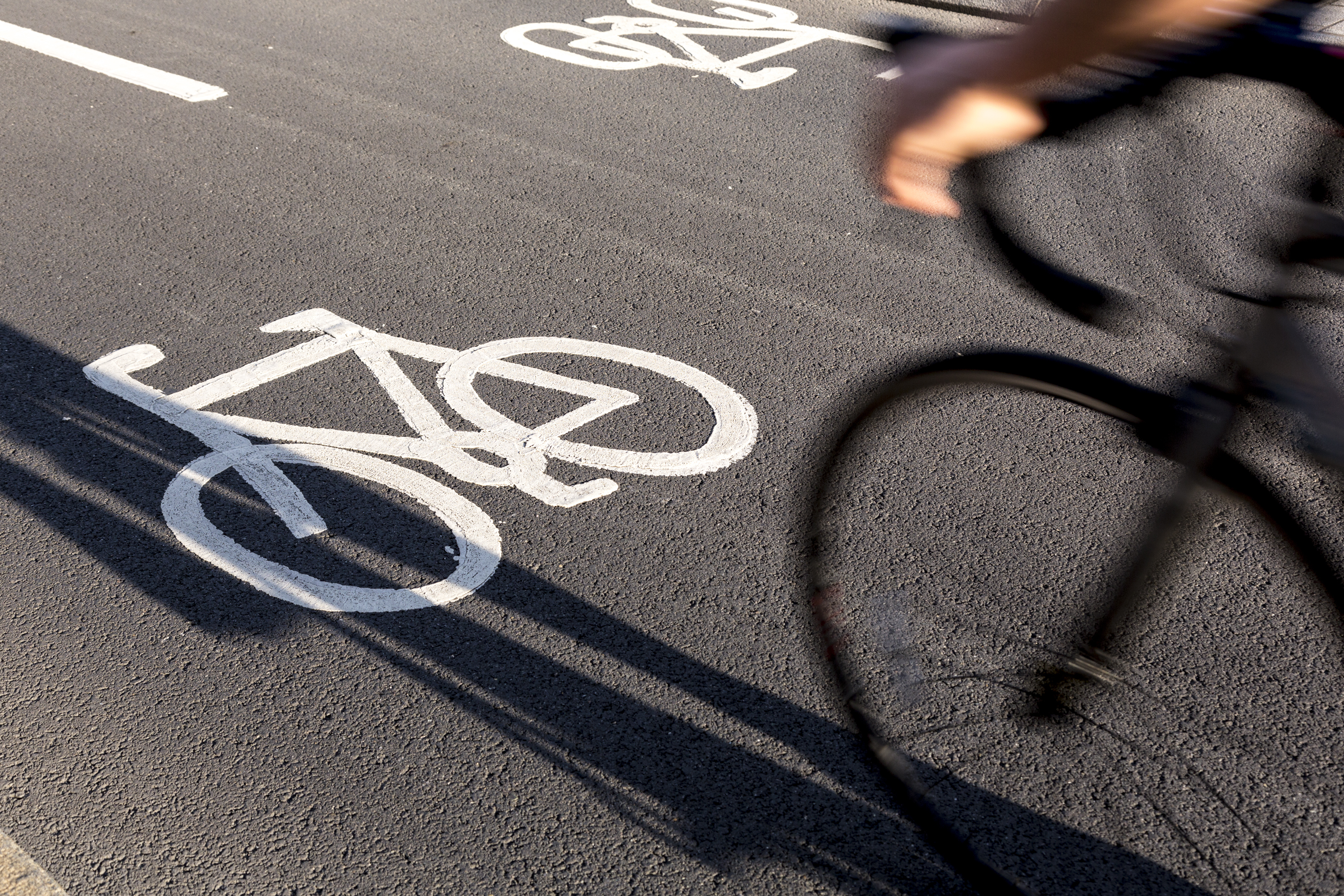
The British government's planned "dangerous cycling" law will now not happen, due to the general election, announced on Wednesday.
Last week, an amendment to the Criminal Justice Bill aiming to introduce the offence of "causing death by dangerous, careless or inconsiderate cycling" was accepted by the government. However, with Parliament being dissolved next Thursday, there will now not be enough time for it to pass through the House of Lords and into law.
Speaking in the House of Commons last Wednesday, Conservative MP Iain Duncan Smith, who proposed the new law, said it was not "anti-cycling".
"Just as drivers are held accountable for dangerous driving that results in death, cyclists, I think, should face similar consequences for reckless behaviours that leads to fatalities," he said.
In response, Chris Boardman, the National Active Travel Commissioner, said: "Everybody should obey the laws of the road, but I'm frustrated that the focus on something that is so good for society and joyous is in such a negative way."
This was days before the Prime Minister, Rishi Sunak, called a surprise general election for 4 July.
While the law will not be passed by this Parliament, there is nothing stopping the next government from picking the cause up.
The campaign for "dangerous cycling" laws was led by Matthew Briggs, the husband of Kim Briggs, who was killed by a cyclist while she crossed a road in London in 2016. Charlie Alliston was found not guilty of manslaughter fond guilty on a charge of wanton and furious driving. Matthew Briggs argues that the lack of a specific "dangerous cycling" law makes it impossible for manslaughter charges to be brought.
"Whilst I’m no const[itutional] expert - I understand that all legislation passing through Lords will fall after prorogation," Briggs wrote on Twitter on Wednesday. "If that’s the case then we will be back. The bill has cross-party backing and the main work is done. These incidents will keep happening and the spotlight will return."
Also this week, The Telegraph corrected its story titled "52mph in a 20mph zone "Lycra lout cyclists are creating death traps all over Britain."
The article was based on Strava data on a segment called Tite St to Chelsea Bridge, which was proved to not have happened in real life, but instead on a turbo trainer.
In its correction, The Telegraph wrote: "This article and its headline have been amended to remove speeds recorded on Strava which Strava has now deleted and which appear to have been erroneous.
"Data is uploaded to Strava by users, either automatically or manually, and cannot be checked or independently verified; the data is accepted on trust. We are happy to clarify this point and correct the record."






